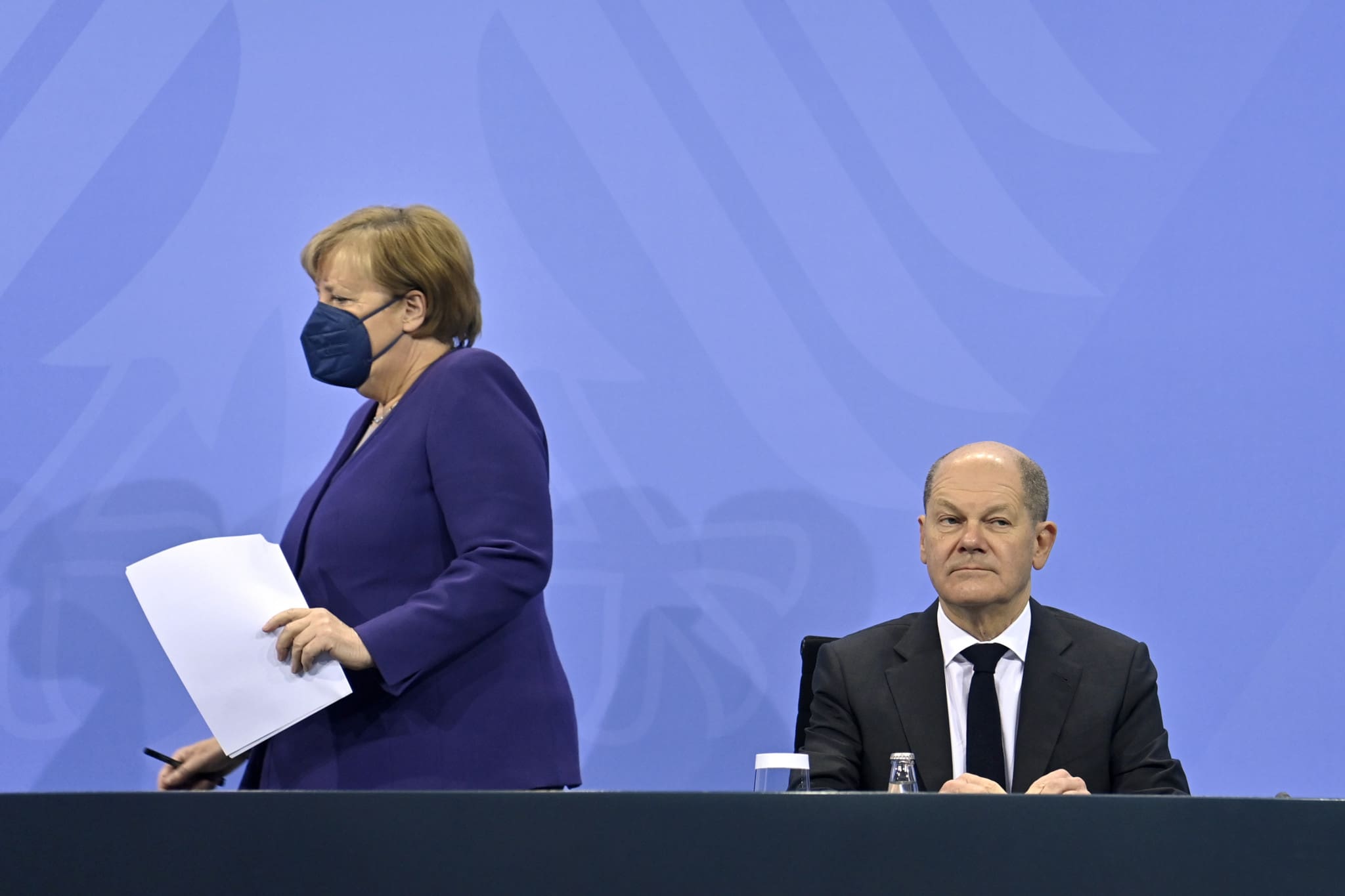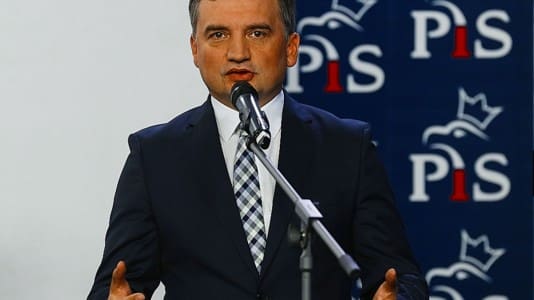As early as July 2021, former Chancellor Angela Merkel said that Germany would not mandate COVID-19 vaccines. She was one of many making such claims. In the run-up to the federal elections, Olaf Scholz said multiple times that he was against vaccine mandates and such a mandate should not even be debated.
With the country likely moving ahead with such a mandate despite earlier assurances it would not happen, it is clear that many of Germany’s biggest politicians gravely misled the public on the issue. Once derided as conspiracy theorists, those who were claiming that Germany and other Western countries would head towards a forced vaccine mandate regime have now been proven correct.
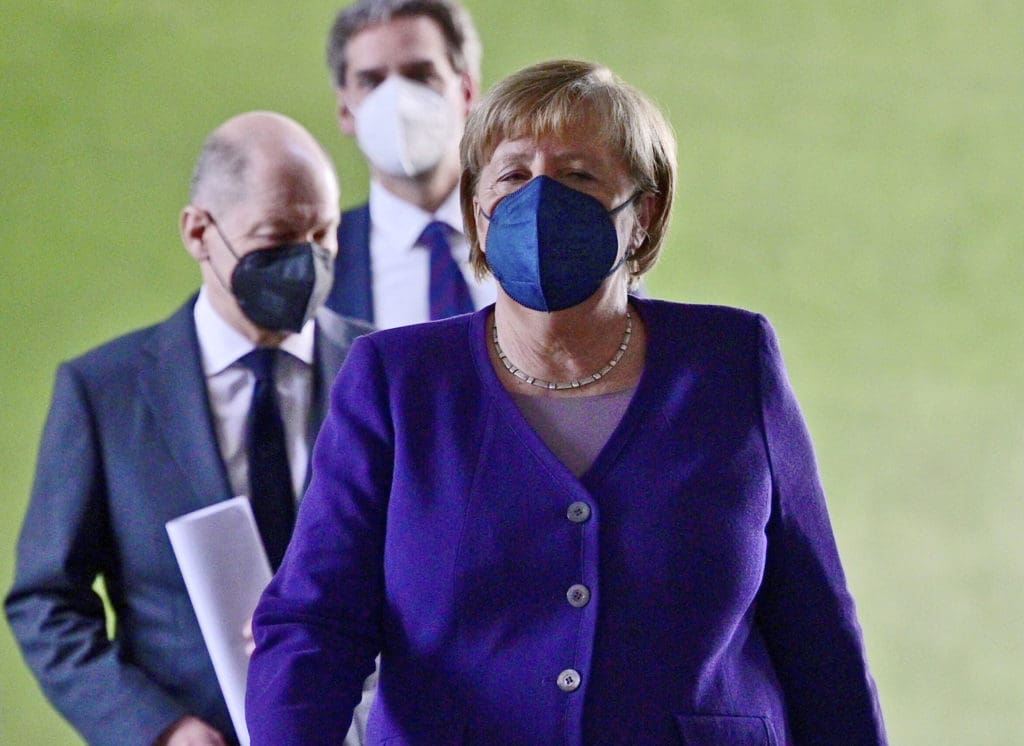
“We have no intention of going down this road,” Merkel said during a news conference in July 2021. “There will be no compulsory vaccination.”
Merkel then did a complete about about-face on the issue earlier this month.
“Given the situation, I think it is appropriate to adopt compulsory vaccination,” said Merkel said on Dec. 1 before she handed the chancellorship to Olaf Scholz. She also stood by Scholz and said she would vote for vaccine mandates in the Bundestag if she was given the choice.
Scholz, for his part, previously said in a televised speech that even a debate on mandatory vaccines should not occur, and he promised a number of times during his campaign he was against mandatory vaccination.
“And I must say that very clearly in addition. I find it wrong when we begin a debate over mandatory vaccines and similar topics. What we must do is convince the citizens.” He added that they must be convinced in a relaxed manner, including with jokes.
It is true that much has changed in just a few months. As COVID-19 cases skyrocketed in Europe, Austria was the first in the world to move forward with a general vaccine mandate for the entire country. A record rise in COVID-19 numbers in Germany also changed the calculus.
The increase in cases across Europe clearly shows that the vaccines are not stopping the transmission of the disease, nevertheless, in Germany and other countries, the higher rate of hospitalization for those who are unvaccinated has driven calls for tougher measures against the holdouts.
Regardless of the worsening situation, Merkel and Scholz were clear that there would be no compulsory vaccination. It was no off-hand promise either, but one that was made frequently and with conviction. In fact, the German newspaper Handelblatt wrote in the run-up to the election: “Chancellor Angela Merkel has assured, as has her possible successors Armin Laschet (CDU) and Olaf Scholz (SPD), and many potential prime ministers: There will be no compulsory vaccination. Politicians have hardly made a promise so regularly or so clearly in the pandemic.”
Nevertheless, across the news spectrum, very few have called out these politicians for breaking a key campaign promise on the issue, especially from the dominant left-liberal mainstream. For example, the New York Times, Deutsche Welle, and many others consistently make no mention of Merkel or Scholz’s previous stance on the issue. For many of these outlets, It is almost as if they never made any such promise at all..
‘It would tear our country apart’
Scholz and Merkel, however, are not the only prominent German politicians who said there would be no mandates.
In fact, top German officials said such a mandate would be difficult from a constitutional perspective. Asked about coronavirus vaccine mandates in Germany, SPD politician and Federal Foreign Minister Heiko Maas said during an interview with television broadcaster Bild Live, “There won’t be because we don’t consider it necessary, because we also consider it difficult from a constitutional point of view.”
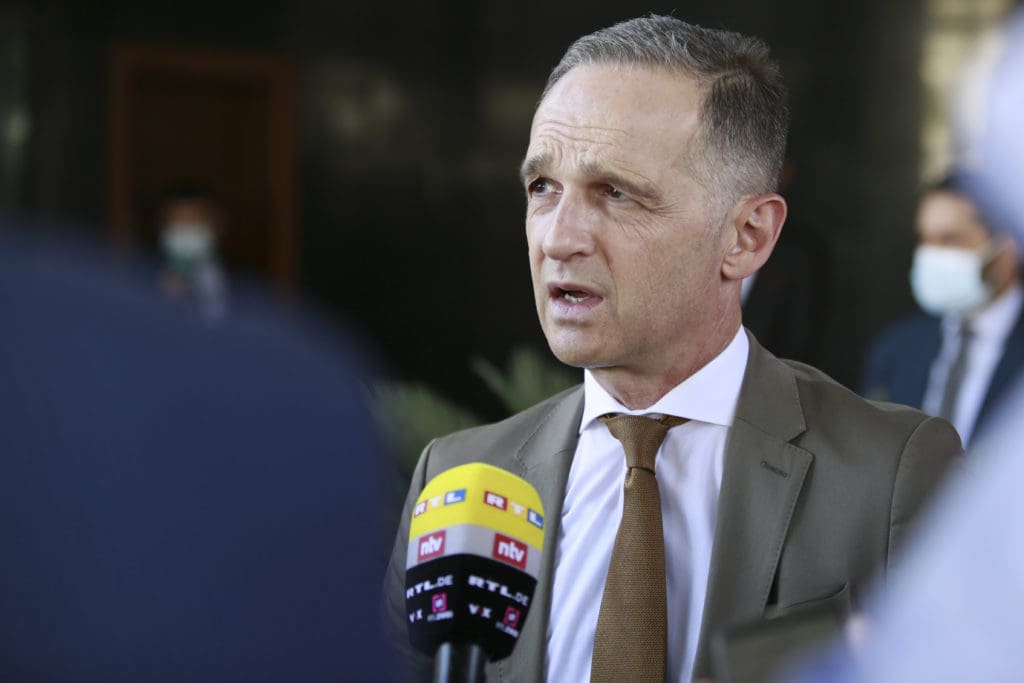
Maas issued his statement against a mandate even after Austria had already made it clear the country would move forward with a vaccine mandate.
Christian Lindner, Germany’s new finance minister and the head of the Free Democrats, which is the junior coalition partner in the new German government, has also long been against a vaccine mandate. In fact, his party, which models itself as a quasi-libertarian party, received a large number of its votes from those skeptical of lockdown measures and restrictions on public life. Lindner’s support for the new vaccine mandate is now instrumental in ensuring it will be implemented.
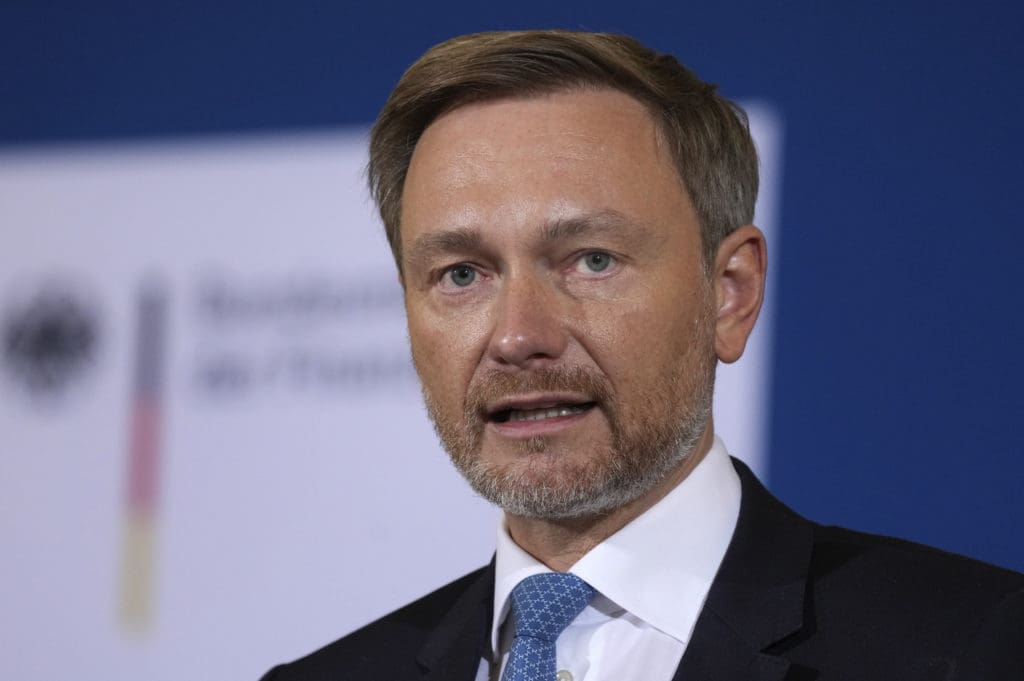
Others expressed serious fears about mandatory vaccination. Despite the sharp rise in the number of infections in the fourth corona wave, former Federal Health Minister Jens Spahn (CDU) said a general vaccination requirement would be unenforceable.
“That would tear our country apart,” he told Der Spiegel.
In an opinion piece for Deutsche Welle, its head of fact-checking, issued a warning about implementing a vaccine mandate:
“If all the promises from politicians that vaccinations would always remain voluntary suddenly evaporate into thin air, those populists and peddlers of conspiracy theories would win. They will see truth in the fictions of a conspiracy among politicians, the pharmaceutical industry and the media to force vaccinations on everyone. It would result in a not-so-small minority of people turning their backs on government and democracy,” he wrote.
It is widely believed that the Bundestag will vote to implement the vaccine mandate in Germany. The rule is expected to come into effect in February of 2022.


